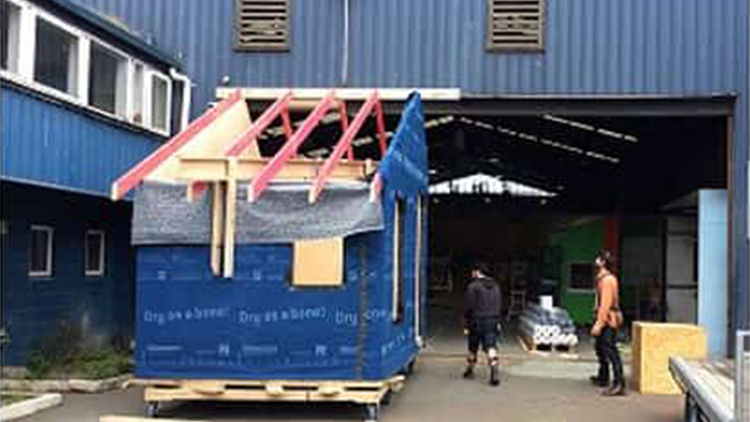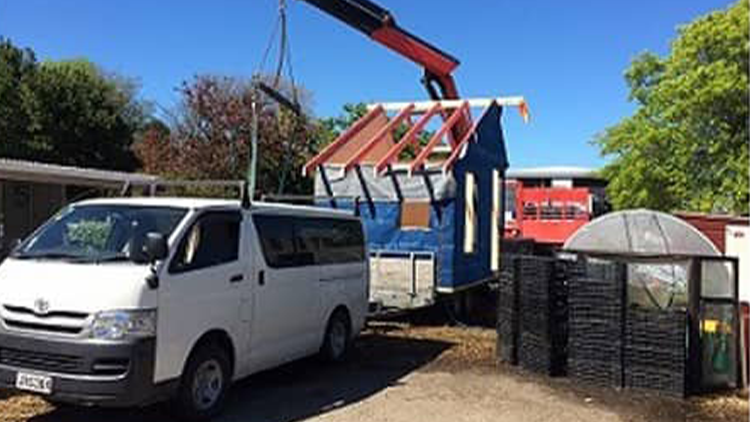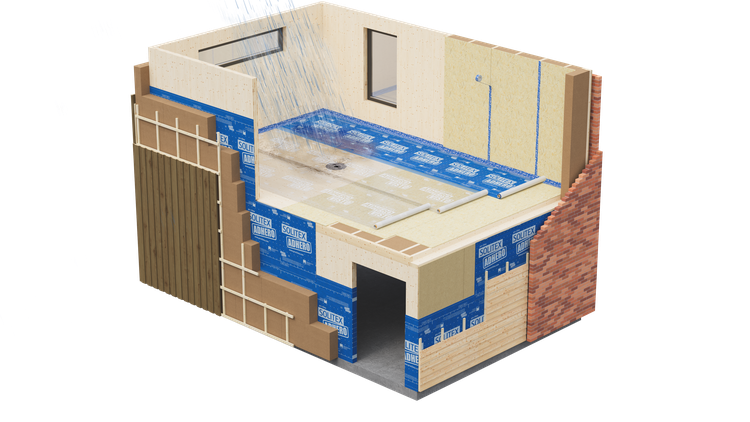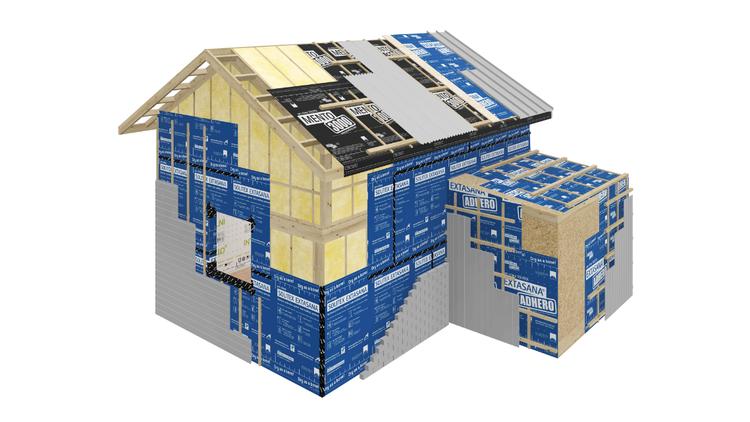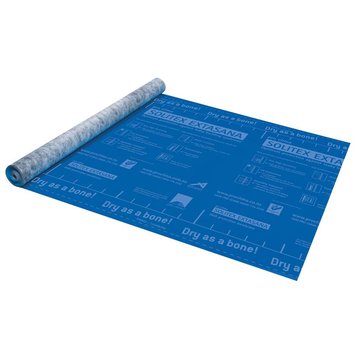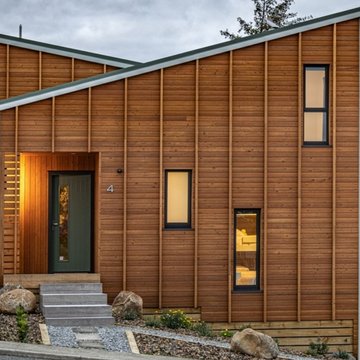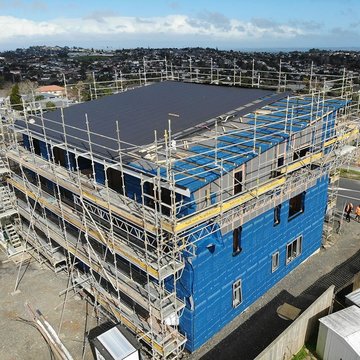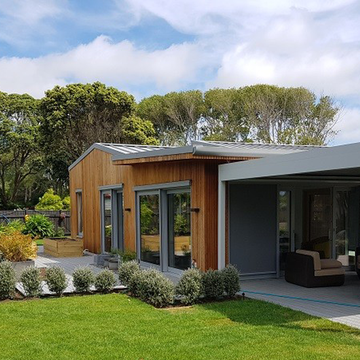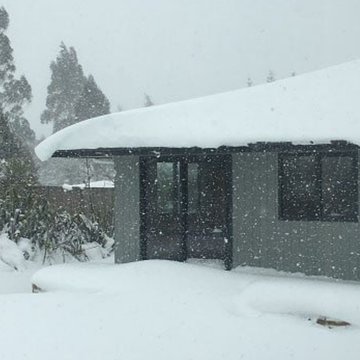Europe

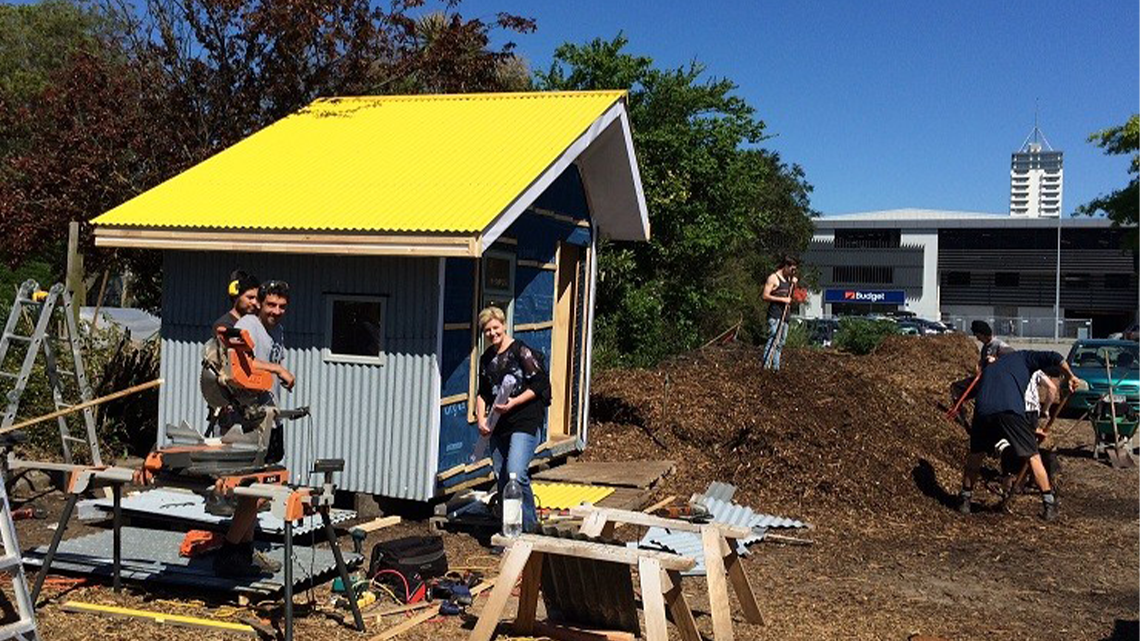
Semi-Independent
Living
Pods
Come
to
Life
in
Christchurch
How was this project implemented?
It’s always a privilege to be part of community-focused projects. But rather then us telling you about it, here’s the man who made it happen, Ben Ingledew, the builder from Christchurch, with his story.
The thought that young people don’t have a safe place, a comfortable place or a healthy place to be, saddens me. New Zealand is a long way behind the rest of the OECD in terms of housing and child poverty. Housing prices are high compared to relative incomes, and building standards are lagging behind, too. So, when I was approached to help some young people from Thrive Trust Taumarunui (my old stomping ground in the central North Island) to build a tiny house that might help alleviate some of these issues, I jumped at the chance.
Thrive joined the Vodafone Foundation change accelerator programme to develop a programme for building Semi-Independent Living Pods (SILOs) – a 10 sqm initiative for youth housing in Taumaranui. The concept emerged from a youth-led dragons-den style incubator programme and it was run by Briar Hickling, from Thrive Trust and Paora Smallman, a graduate carpenter from UCOL. The SILOs will be used to provide jobs to young people who are at risk of disengaging from education and also address social problems such as affordable student accommodation, emergency housing and safe accessible housing for the aging population.
Because of the small size, the SILO’s don’t require building or resource consent and are easily transportable. They have support from the local council, the Trade Academy and other local organisations. Back here in Christchurch, local businesses reached into their pockets and helped out with materials, tools and work space. Thanks to Pro Clima, Theca and Terra Lana – without your help, we couldn’t have done it.
On a personal note, I found the experience invigorating. To see that there are so many people who are enthusiastic about putting something back into their community, that are willing to help, that are prepared to go the extra mile to do something worth doing, is awesome.
Ben, we are glad to have been able to support this fantastic initiative and extend our thanks to you and everyone involved for making this project a reality.
- Builder - Ben Ingledew, LIVEWEL Construction
Timber Protection
In the past, timber was mainly used on single-family and multi-family homes, but in recent years timber construction has increasingly been employed for major projects such as office and administrative buildings, schools, kindergartens, modular buildings and the large-scale addition of storeys onto multi-storey residential buildings. Thanks to the high degree of pre-fabrication that is possible with timber structures, construction can be carried out efficiently, economically, precisely and to the highest aesthetic requirements – which also includes visible wooden surfaces with high-standard finishes. And this is where a major challenge arises: timber construction elements have to be protected against moisture over long periods during the construction period.
Weathertightness Systems
The SOLITEX wind-sealing system makes building structures particularly energy-efficient and provides effective protection against damage to structures. These high-performance functional membranes are extremely open to diffusion, provide maximum watertightness against driving rain, and actively transport moisture to the outside.
Ideally, they should be combined with humidity-variable airtightness systems on the interior side of the insulation.

